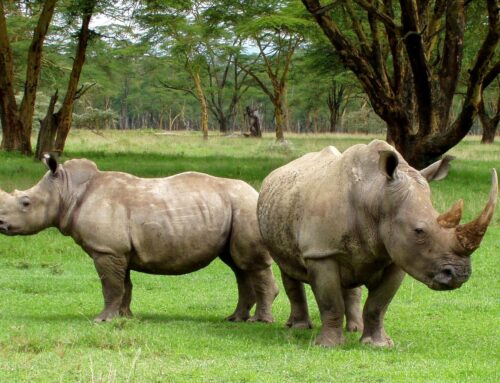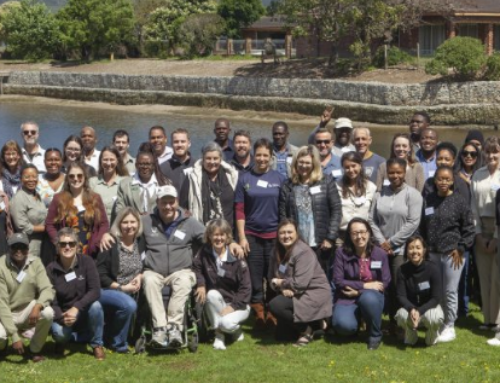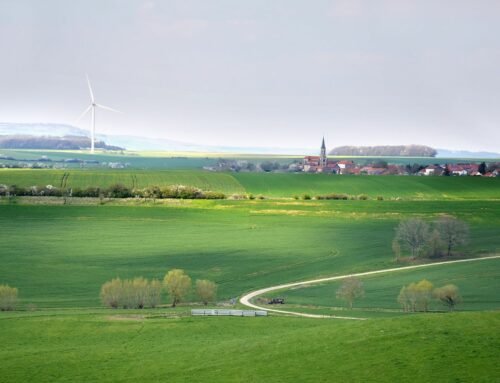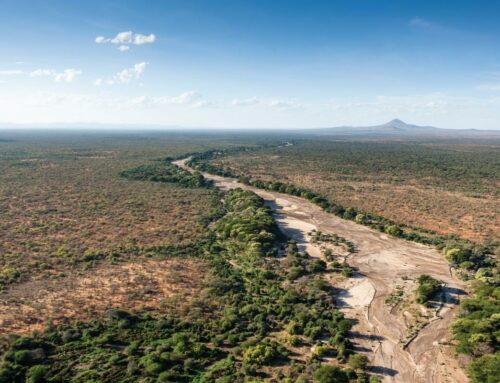Introduction
The Research Platform Production and Conservation in Partnership (RP-PCP; www.rp-pcp.org) was established in 2007, formally associating the University of Zimbabwe (UZ) and the National University of Science and Technology (NUST) with two French research organisations, CIRAD and CNRS. The overall objective of the RP-PCP is to contribute to sustainable development, biodiversity conservation and improved rural livelihoods in Southern Africa, through strengthening national research capacities, multidisciplinary approaches and institutional partnerships. Although it is based in Zimbabwe, the platform has a clear regional dimension, and we are actively seeking to develop further collaborations with academic and research institutions from neighbouring countries within the SADC region. The RP-PCP seeks to promote post-graduate training and applied research on protected areas and neighbouring production areas within Transfrontier Conservation Areas (TFCAs).
The RenCaRe project was launched in December 2012 ( https://www.rp-pcp.org/projects/on-going/rencare) with the support of the French Embassy in Harare and the Ministry of Higher and Tertiary Education in Zimbabwe. One of the main objectives of the RenCaRe is to strengthen the regional collaborations of research and academic teams involved in RP-PCP activities. To that effect, the project will offer support to co-fund the activities of four postgraduate students from SADC countries involved in the Great Limpopo TFCA and/or in the Kavango-Zambezi TFCA. This call details the scope, criteria and procedures for their selection.
Scope of the research
The RP-PCP framework emphasises multidisciplinary approaches, associating social sciences and biological sciences, including agronomic and veterinary sciences, although disciplinary projects on a particularly relevant subject might also be considered. This call will support cutting edge, applied field and/or laboratory research projects with potential to generate high impact and innovative results for management of “wild-domestic interfaces” and improved livelihoods of people living in the periphery of protected areas within TFCAs. Specifically, selected post-graduate projects will address at least one of the following priority concerns/opportunities identified by local stakeholders during two consultative workshops held in June 2013 (see https://www.rp-pcp.org/news/rencare-consultative-workshops):
* P1. Access to natural resources (grazing, thatching grass, firewood…)
* P2. Mitigation of human-wildlife conflicts (prevention, compensation…)
* P3. Improving livestock and crop production by local farmers (water management, farming practices…)
* P4. Boundaries of protected areas (land claim, fences…)
* P5. Prevention and control of livestock/wildlife/human diseases
* P6. Sharing benefits generated by wildlife (Campfire revenues, bush meat, job opportunities…)
Eligibility of candidates and proposals for this call
The following eligibility criteria will be applied to select the candidates for this call:
– Applicants must be SADC citizens
– Female applicants are encouraged to apply
– Academic requirements for Masters candidates: BSc/BA/BVSc/DVM/BVM, Honours Degree, or equivalent.
– Proposals must involve some field work in Zimbabwe within the Great Limpopo TFCA and/or the Kavango-Zambezi TFCA.
– Supervision team must involve at least one co-supervisor from the RP-PCP scientific partners (see www.rp-pcp.org).
Funding and duration of projects
Selected students will receive a grant from the RenCaRe project in order to support the operational costs of their projects in Zimbabwe, including field trips to study sites, costs of analysis, consumables, small equipment, etc. It is expected that the candidates will have secured appropriate funding to cover the costs of their activities outside Zimbabwe, and that appropriate arrangements are made with the academic department to which they will be attached. A proposed work-plan and budget covering two year period for a Master (first semester of 2014 as a tentative starting date) should be included in the application, excluding the costs of transport and accommodation of the student and her/his supervisor to attend meetings or workshops organized by RP-PCP/RenCaRe in Zimbabwe (these costs will be covered by a separate budget).
Selection Process
Applications should include a cover letter by the main supervisor of the candidate, a project proposal (using the template provided; Appendix A) and a curriculum vitae of the candidate (2 pages maximum). Applications should be submitted in pdf format, via email only to call.rencare@gmail.com, with copy to ciradzim@cirad.fr, on or before 31st January 2014.
Selected candidates will be notified in February 2014, and they will be expected to be fully registered with their University Departments during the first semester 2014.
For the application form contact ciradzim@cirad.fr or clara.bocchino@up.ac.za












